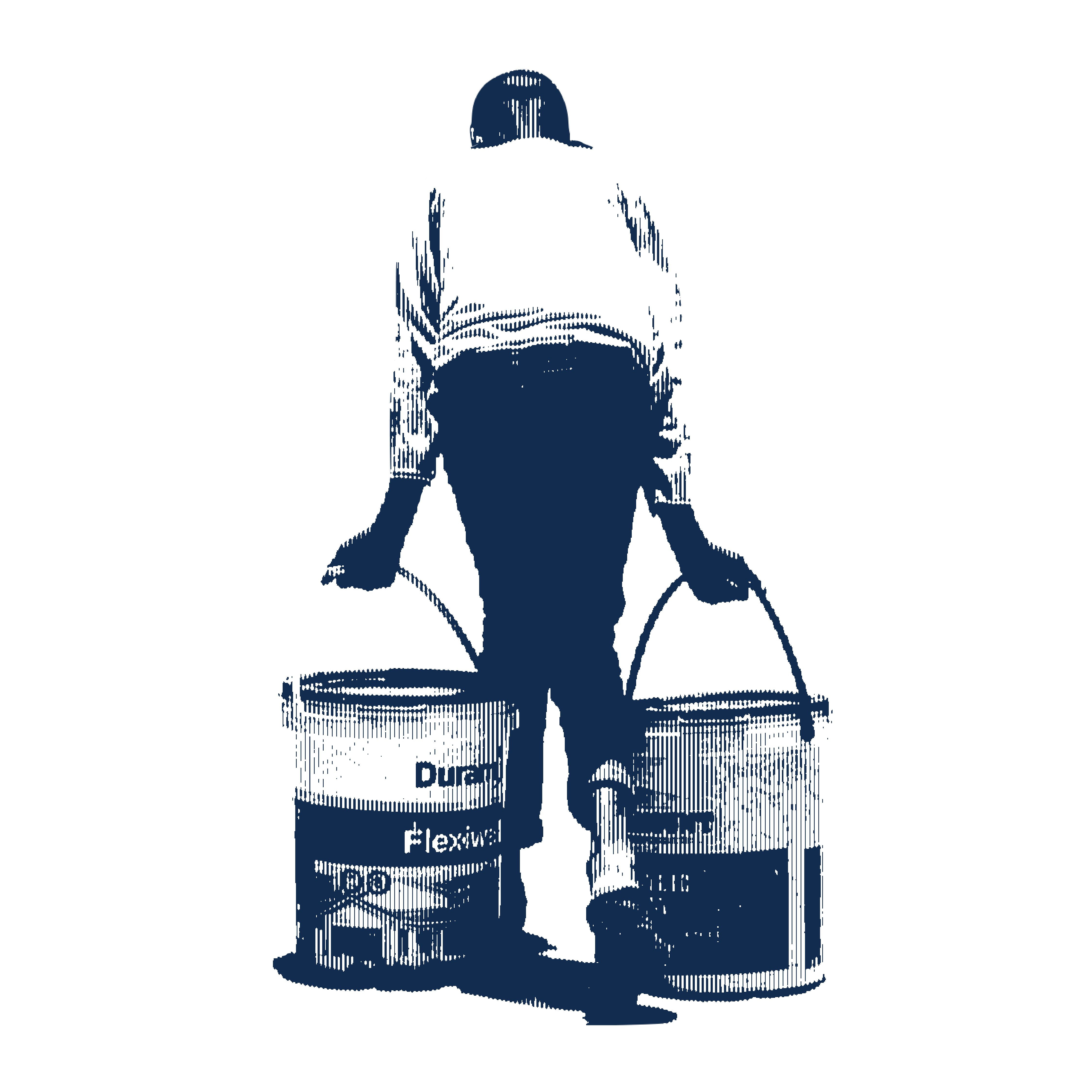
What happens here in Kenya could change the way the world views genetically modified food. Whether it really makes a positive difference in the lives of Africans remains to be seen. Why is Kenya key? The first reason is obvious enough. The first transgenic, drought-tolerant maize crop intended for east Africa will be grown in field trials next year. (The photo above, provided by the International Maize and Wheat Improvement Center, is of a conventionally bred version of drought-tolerant corn.)
But there are other reasons why Kenya has to be watched: Kenya is on track to implement the first policy for regulating agricultural biotechnology in east Africa, and U.S. officials see the country as a gateway to opening the way for biotech crops in other countries in the region. According to the USDA, Kenya actually imported 700,000 tons of white corn from South Africa this year without testing for it for GMOs; that's notable because most of the corn now grown in South Africa is genetically engineered.
Kenya also exemplifies both the potential as well as the problems facing African agriculture. The nation is a leading supplier of horticultural products to Europe, yet droughts regularly devastate farmers in large swaths of the country. When that happens, farmers bring their livestock into Nairobi, including some of the city's lush, middle-class neighborhoods. (They are all gone now, but a friend described the scene recently this way: "Men moved 200 head of cattle into our neighborhood, along with a small herd of sheep. There is a vacant lot a block from us and they lived there, taking them out each day to eat what they could from alongside the road. They also ate vegetation like my palm trees, papyrus, or any green, growing thing.")
According to the projections, Kenya also faces the same challenges of adapting to climate change as other parts of Africa, and the United States, too, for that matter. Parts of the country, which already receive reliable rainfall, could actually increase crop yields, while other regions are likely to have even more problems with drought than they already do.
In any case, Kenya and the surrounding region need to increase their food supplies, either by producing more or importing more, to keep up with predicted population growth. Demand for corn, a staple food in much of Africa as rice is in Asia, is expected to nearly triple by 2050, according to a recent study by researchers at the International Livestock Research Institute.
In October I sat down with Columbia University's Pedro Sanchez, the 2002 World Food Prize winner for his work using trees to fertilize African crops, and asked him for his thoughts on this transgenic, drought-tolerant corn. Sanchez says the most immediate needs of smallholder farmers are access to fertilizers, good hybrid seeds, extension agents and reliable markets. But drought-tolerant corn is vitally needed, too, he says, because of the crop's vulnerability to dry spells and the importance of corn as a staple food.
Early Monday morning, I head to a research farm operated by the International Maize and Wheat Improvement Center, or CIMMYT, where the transgenic corn trials are taking place and where researchers already are improving drought tolerance through conventional breeding. Later I'll be visiting smallholder farmers, agricultural leaders, government officials, experts with NGOs, and others to learn more about the challenges facing food production and to get as wide array of views as possible on the prospects for a GMO crop.




